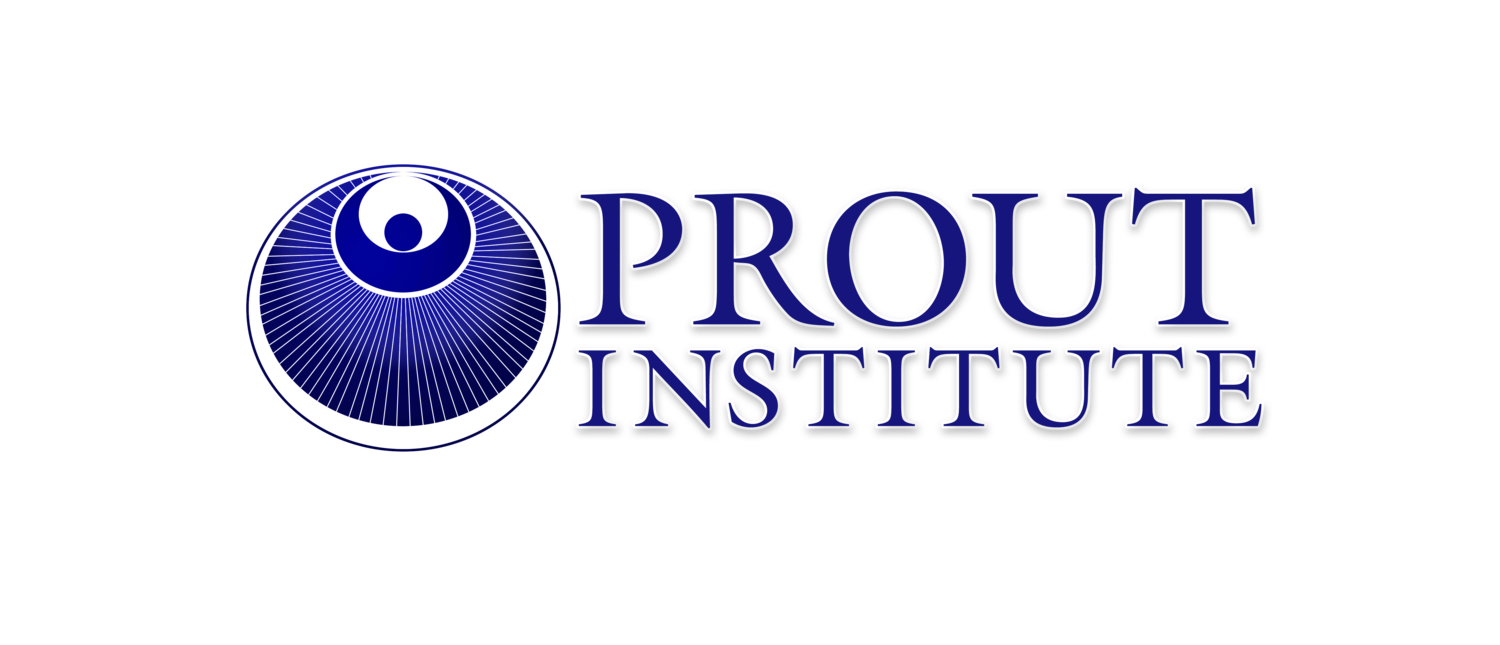Neohumanism: Foundation for a New Society Ebook
Neohumanism is a new form of humanism that applies not only to human beings but to all living creatures. It is a type of humanism that expands the very concept to be inclusive of all beings. A neohumanistic approach is based upon the cultivation of a deep, internal sentiment which gives reverence to all life and sees all living beings as manifestations of one, integrated whole. Neohumanism gives depth and breadth to the relationship of human beings to each other and to the world in which they live. It is fundamentally spiritual in nature — not because it subscribes to any religious view, but because it acknowledges the deep, inherent unity in all life and the value which is inherent in the core of all beings, thus promoting a reverence for living beings.
In a neohumanistic approach one will not treat living beings in such a way as to categorize them as more significant and less significant. A neohumanist will appreciate that though they may be a member of a geographical group or a social group, the welfare of their particular group, clan, kin, or country is not more important than the welfare of others. A neohumanist will see that the welfare of all is significant. And not only is the welfare of all humans significant, but so also is the welfare of plants and animals. To a neohumanist, the welfare of all is of utmost importance.
A neohumanist will have a universal outlook, and at the base of this universal outlook there will be a deep reverence for the unitary consciousness that underlies all manifest expression and that is expressed in all beings.
Download the PDF instantly with purchase.
Neohumanism is a new form of humanism that applies not only to human beings but to all living creatures. It is a type of humanism that expands the very concept to be inclusive of all beings. A neohumanistic approach is based upon the cultivation of a deep, internal sentiment which gives reverence to all life and sees all living beings as manifestations of one, integrated whole. Neohumanism gives depth and breadth to the relationship of human beings to each other and to the world in which they live. It is fundamentally spiritual in nature — not because it subscribes to any religious view, but because it acknowledges the deep, inherent unity in all life and the value which is inherent in the core of all beings, thus promoting a reverence for living beings.
In a neohumanistic approach one will not treat living beings in such a way as to categorize them as more significant and less significant. A neohumanist will appreciate that though they may be a member of a geographical group or a social group, the welfare of their particular group, clan, kin, or country is not more important than the welfare of others. A neohumanist will see that the welfare of all is significant. And not only is the welfare of all humans significant, but so also is the welfare of plants and animals. To a neohumanist, the welfare of all is of utmost importance.
A neohumanist will have a universal outlook, and at the base of this universal outlook there will be a deep reverence for the unitary consciousness that underlies all manifest expression and that is expressed in all beings.
Download the PDF instantly with purchase.
Neohumanism is a new form of humanism that applies not only to human beings but to all living creatures. It is a type of humanism that expands the very concept to be inclusive of all beings. A neohumanistic approach is based upon the cultivation of a deep, internal sentiment which gives reverence to all life and sees all living beings as manifestations of one, integrated whole. Neohumanism gives depth and breadth to the relationship of human beings to each other and to the world in which they live. It is fundamentally spiritual in nature — not because it subscribes to any religious view, but because it acknowledges the deep, inherent unity in all life and the value which is inherent in the core of all beings, thus promoting a reverence for living beings.
In a neohumanistic approach one will not treat living beings in such a way as to categorize them as more significant and less significant. A neohumanist will appreciate that though they may be a member of a geographical group or a social group, the welfare of their particular group, clan, kin, or country is not more important than the welfare of others. A neohumanist will see that the welfare of all is significant. And not only is the welfare of all humans significant, but so also is the welfare of plants and animals. To a neohumanist, the welfare of all is of utmost importance.
A neohumanist will have a universal outlook, and at the base of this universal outlook there will be a deep reverence for the unitary consciousness that underlies all manifest expression and that is expressed in all beings.
Download the PDF instantly with purchase.

